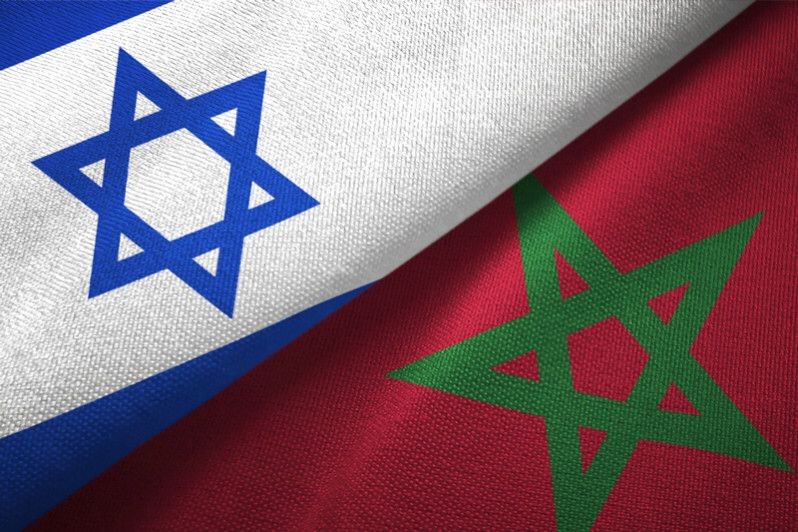Moroccan-Israeli Trade Surges Amid War on Gaza

Bamako - Trade between Morocco and Israel has soared to unprecedented levels in 2024, despite Israel’s ongoing bombardment of Gaza, raising critical questions about the implications of the deepening economic ties under the 2020 Abraham Accords.
According to the latest data from the Abraham Institute for Peace Agreements, trade between the two nations reached $8.5 million in June 2024, a dramatic 124% increase compared to June 2023.
Over the first six months of 2024, bilateral trade totaled $53.2 million, marking a 64% rise from the same period last year.
This significant increase in trade comes at a time when the Israeli Occupation Forces (IOF) are conducting genocide acts towards Palestinians has drawn widespread condemnation from the international community, including many within Morocco.
The genocide, now dragging into its tenth month, has resulted in a total humanitarian disaster, with thousands of Palestinian civilians caught in the IOF crossfire. In this context, the burgeoning economic relationship between Morocco and Israel is both notable and controversial.
Some argue that Morocco’s expanding trade with Israel, particularly during such a turbulent period, reflects a disconcerting prioritization of economic interests over solidarity with Palestinian people—a cause historically championed by Morocco.
This shift might undermine Morocco's long-standing position as a staunch supporter of Palestinian rights and could alienate a large part of its population, who remain sympathetic to the plight of Palestinians under Israeli occupation.
Moroccans have taken to the streets in major cities like Tangier, Casablanca and outside parliament in Rabat since October 7, demanding the government cut diplomatic ties with Israel.
Moreover, while the economic benefits of increased trade are clear—encompassing sectors such as agriculture, tourism, and services—there is growing concern that these gains come at a moral cost.
The signing of the Abraham Accords, which facilitated the strengthening of diplomatic ties between Morocco and Israel in December 2020, was hailed as a step towards regional peace and cooperation.
However, the accords have also been criticized for sidelining the core issue of Palestinian statehood, instead focusing on economic and diplomatic ties that do little to address the root causes of the Israeli-Palestinian conflict.
The Moroccan government's decision to strengthen ties with Israel has also drawn criticism from some political factions within the country, who view the move as a betrayal of Morocco's historical commitments.
While the government has defended its actions as part of a broader strategy to enhance Morocco's geopolitical standing and economic resilience, the timing and optics of such moves remain contentious.
Regionally, Morocco is not alone in expanding its economic relationship with Israel. Trade between Israel and the United Arab Emirates, Bahrain, and Egypt has also increased, though the context differs for each country.
For instance, trade between Israel and the UAE reached $271.9 million in June 2024, a modest 5% increase from June 2023. However, this growth pales in comparison to the spike seen in Morocco-Israel trade, prompting further scrutiny of Morocco's unique position within the Abraham Accords framework.

